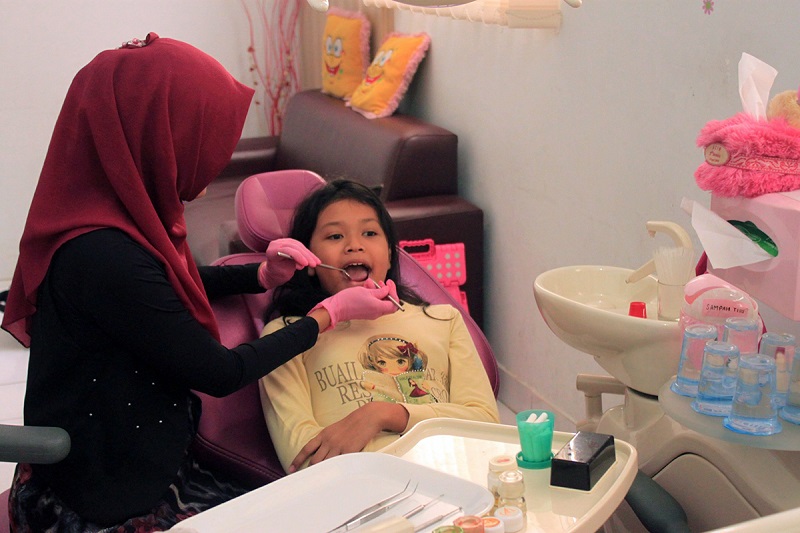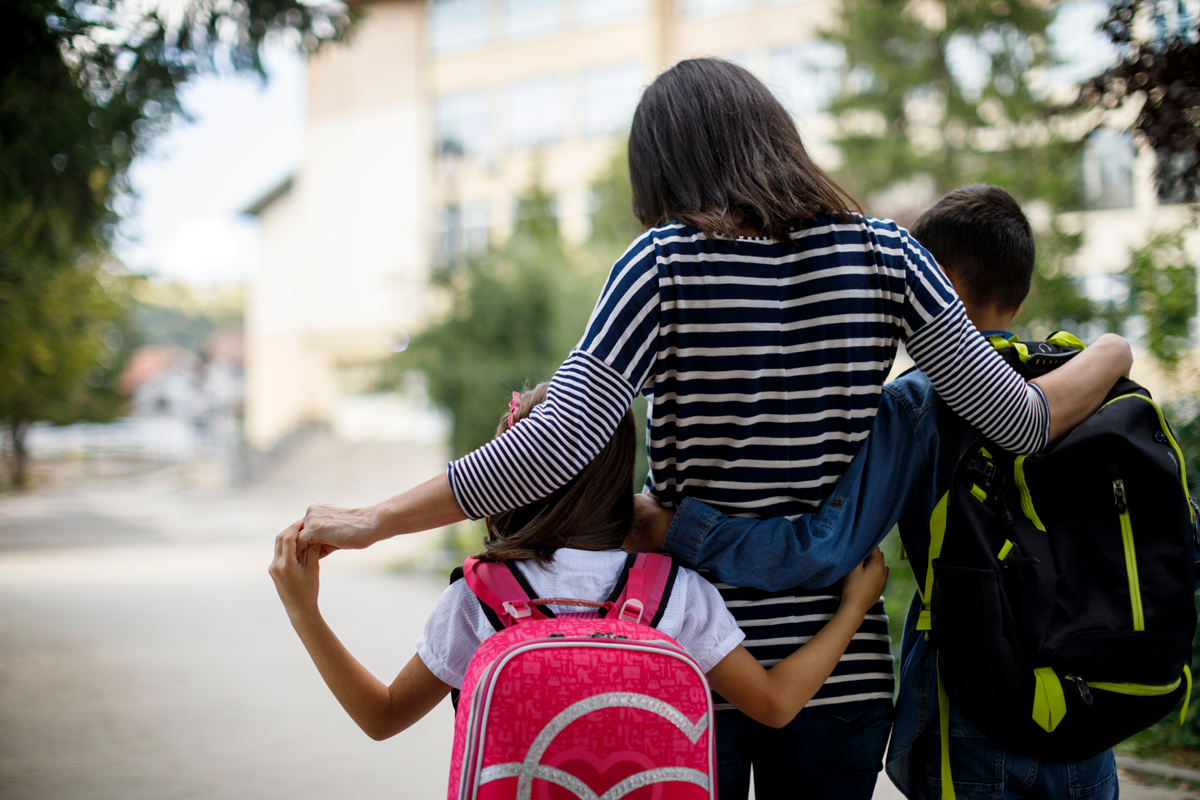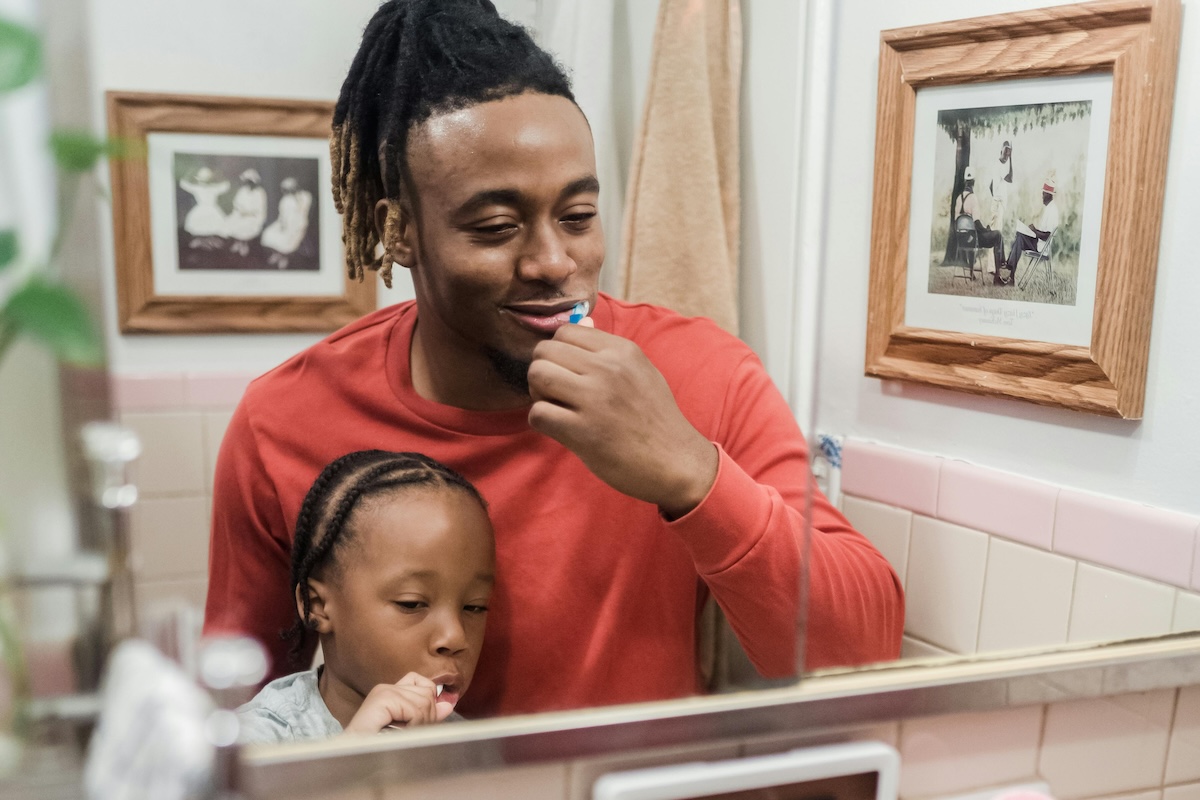What are the long-term risks of removing tonsils and adenoids? Higher rates of respiratory illness, higher risk of cancer? Or is this overblown?
–Ashley B
Note: this post was updated to include a discussion of sleep apnea.
When I was a kid, a lot of people got their tonsils out. I didn’t, and I was extremely jealous because when you got your tonsils out, you could eat only ice cream for several days (this is what I heard). Since then, the rate of tonsillectomy (the name for taking your tonsils out) and adenoidectomy (same, for adenoids) has gone down.
In my childhood, these were commonly performed for frequent sore throats. The use of these procedures for that reason has fallen considerably since the 1960s, and even since the mid-1990s. The reason isn’t because of long-term risks (more on that below) but largely because the benefits are fairly limited.

There is randomized evidence of a large and significant reduction in sore throat episodes for severely affected kids after tonsillectomy. However, even in that randomized evidence, the impacts last only a couple of years — not because the tonsillectomy group starts to get sick more but because the other group gets sick less. Sore throats are most common in young children, and they lessen as kids age. There is an obvious alternative to surgery, which is: waiting. More and more doctors and parents are taking that approach.
While the use of these procedures for infections have fallen, providers are increasingly using adenotonsillectomy to treat sleep apnea in children. That usage has increased over time, in part due to an increase in the prevalence of this issue. Randomized trial data suggests that this procedure can improve symptoms of sleep apnea, although it provides some caution about resolution of symptoms around behavior or executive function. A meta-analysis covering about 1000 children showed a complete resolution of breathing symptoms in two thirds of children.
Like any surgery, this comes with short-term risks which should be discussed with your provider. Even in the case of sleep apnea, watchful waiting may be an alternative.
As to the question of long-term risks, there is one very comprehensive paper, using data from over a million Danish children, that argues that some health risks — particularly upper respiratory infections — are increased in people who had their tonsils out as children relative to those who did not. This is an interesting paper and notable for the long follow-up and the large data size.
However, it is not randomized, and the authors do not have detailed adjustments that would capture why the procedure happened in the first place. Given that one indication for these procedures is getting a lot of respiratory infections, I worry that an individual propensity for respiratory infections is driving both having had the procedure and future infections.
Bottom line: this procedure is unlikely to be necessary for sore throats, but may be considered for sleep apnea. There is no evidence to be concerned about long term risks.
Community Guidelines















Log in
Can anyone speak to the benefits of removing tonsils to reduce strep? My kiddo has had strep 6 times this year and his pediatrician recommended we speak to an ENT about removing his tonsils.
I suffered from near constant Tonsilitis until I could finally get them out in my 20’s and the recovery was much worse than it would have been if I had just gotten them out as a child. I blame my 1980’s parents and their laissez fair approach to my chronic childhood illness. When my son presented with chronic tonsilitis, ear infections and sleep issues, I pushed for him to get is tonsils out as soon as possible. We had them removed last year on his 3rd birthday, and it was the best decision we ever made. He had been a slow talker from fluid build up in his ears and as soon as he healed from the tonsillectomy, his speech improved tremendously. Sleep and behaviour have been better as well. He has not been sick as often either. I think the pendulum has swung too far towards not doing the surgery and it should definitely be considered more often for these issues, especially if there is a family history of not “growing into” your tonsils.
I also had my tonsils out in my 20s and it was so rough!
Thank you for the ENT response! I agree having 2 kids with sleep apnea (one waiting for this procedure and the other having had it) what a difference it has made in their sleep (and subsequently ours too!).
I am a pediatric ENT and, respectfully, this article is misleading. Most children have their tonsils and adenoids removed for sleep apnea. It is very very uncommon for children to have the procedure for sore throats as the criteria for this indication is quite stringent (7 episodes a year!) given that the risks of the procedure (significant pain, dehydration, bleeding) often outweigh the benefit for sore throats – because as the author states the burden of sore throats usually gets better as kids get older. On the other hand, 5% of kids have sleep apnea – often significant in severity and impacting quality of life, growth, behavior, learning… and the rates are only increasing as more children are impacted by the obesity epidemic. While a quality provider won’t recommend the procedure without significant thought and discussion with a caregiver (because of the risks I mention above, among others), one thing we really are not worried about is the long-term impact on risk of infection or immune defense – because there are no quality studies to support this is a concern. There is redundancy of same-functioning tissue in the throat that performs the same task – we can never remove it all. To say these procedures are “not necessary” is blatantly inaccurate and misleading for this audience. For children with sleep apnea, it can be life-changing – just ask their parents. Lastly – the photo included in this article is of a dental office and has no place representing this topic. Please do better for this community.
Thank you very much for this. The lack of discussion of sleep apnea was a miss here, and I regret it. I have updated the post and appreciate your input.
This is pure anecdote but I had my tonsils and adenoids removed in 1st grade because I had strep so often I was at risk of repeating the grade. Post-surgery: no more strep! And fwiw I am
now known in my family for never coming down with colds or flus as an adult.
I am very interested in this topic too. My son is scheduled for his tonsils and adenoids to be removed in January just after he turns two. His ENT was shocked at how big they are. Suggesting that it would take him 7 years to grow into them. In the mean time her concern was sleep apnea and oxygenation at night. We initially raised concerns over their size due to his gagging on certain foods or when he gets upset and he struggles with dealing with the extra saliva and mucus usually resulting in vomiting. We are concerned about the surgery but although he doesn’t suffer with infections but they certainly appear to be causing him other issues.
I would love to know more on this topic. Our pediatrician and ENT specialist have recommended that we have our daughters adenoids and tonsils removed. At a year and half her adenoids were size of 4 year old. She wakes up frequently with possible sleep apnea, is generally a moth breather, prone to ear infections and has a small appetite. It is all exacerbated when sick. We scheduled surgery for last June but the time was doing well so we cancelled it. Now heading into winter it seems to have gotten worse so we wil go back for another check up. Besides the scariness of putting under for surgery, knowing whether long term this would be the best option or not is hard to decipher. Thanks
I was surprised to hear that the rate is going down b/c I feel like my awareness of it is going up! I didn’t know many classmates who had their tonsils out as a kid, but I feel like a lot of parents are posting about adenoidectomy in my local facebook group — not for sore throats, but for sleep apnea. They make it sound like a miracle cure, where it improves growth, eating, and tantrums basically overnight. All of those seem logically related to kids getting more sleep, but I am curious if this is becoming a more common reason for the procedure!